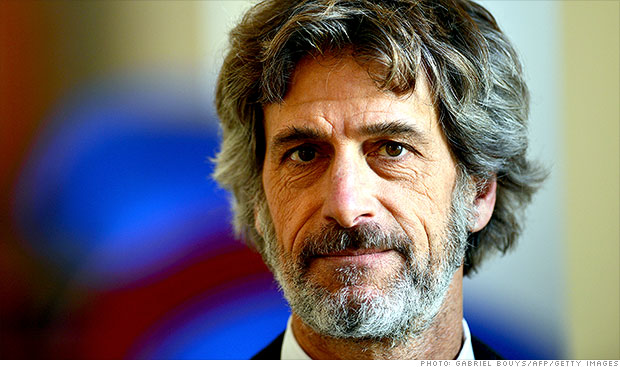A few days ago, Guido Barilla, the chairman of the largest pasta producer in the world, Barilla Pasta, stated that he would never feature a gay family in any of his commercials. This caused a fierce backlash from various groups who called for the boycott of Barilla’s products in protest.


Some businesses such as Barilla and Chick-Fil-A have made very clear their traditional stance on homosexuality. Despite facing opposition, these companies have made their value system clear by articulating their views publicly. In the business world, this seems to be a rarity. How often, if ever, do we see gay families featured in commercials for large companies? Although interesting, these bold ventures are unlikely. Large businesses have diverse customer bases that they cannot afford to alienate or anger and it is especially important for them not to lose customers to competitors.
This case makes it evident that it’s usually beneficial for businesses not to take sides on controversial topics. Regardless, companies have to decide for themselves whether they want to develop a series of values and whether they are willing to stand by those values despite the effect (positive or negative) it could have on their sales and image.
http://o.canada.com/2013/09/26/pasta-company-barilla-wont-advertise-with-gay-couples/








